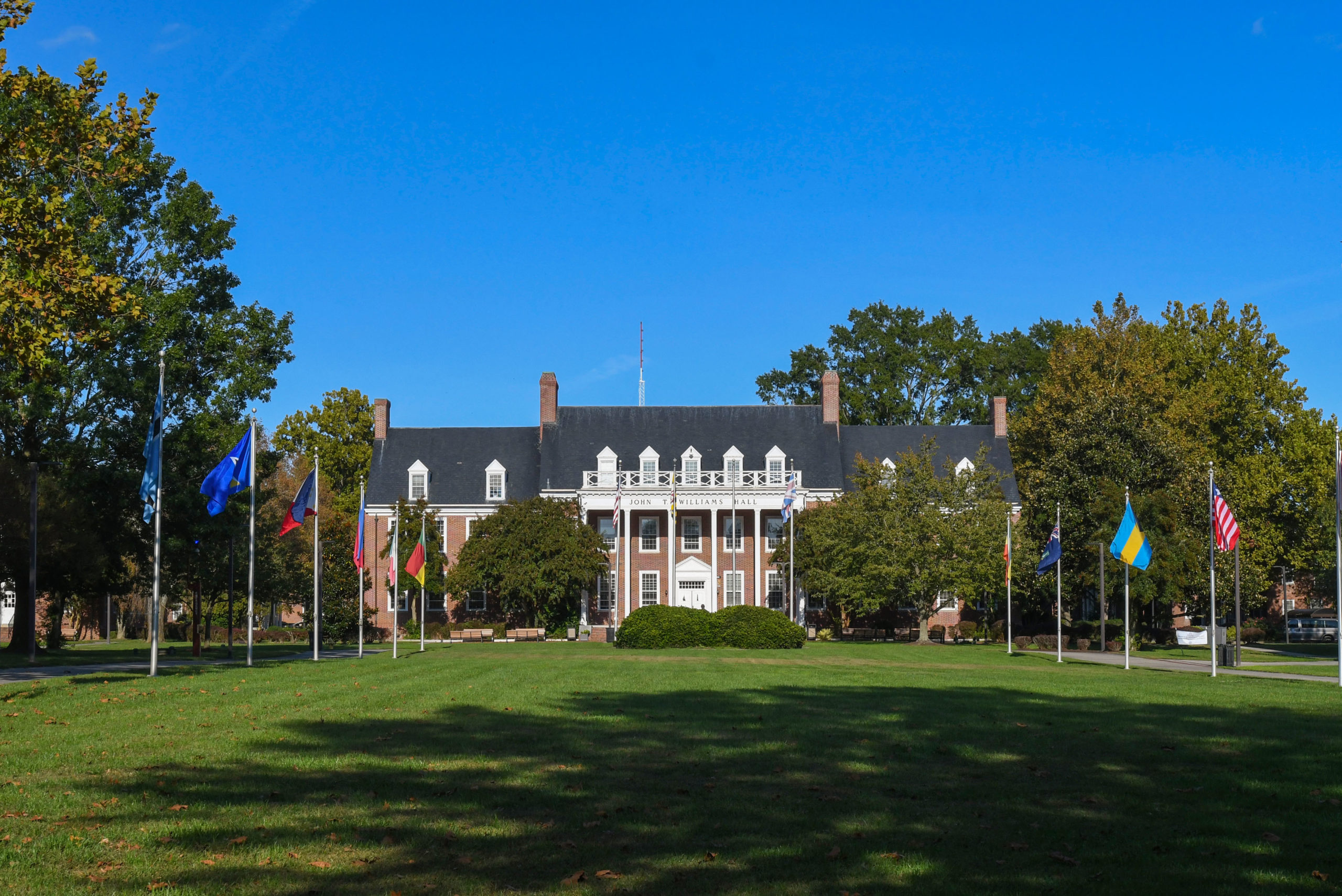
The National Science Foundation (NSF) initiated the Louis Stokes Alliances for Minority Participation (LSAMP) program in 1991 to help the nation meets its science, technology, engineering, and mathematics (STEM) workforce needs. The LSAMP program is named after former Cleveland, Ohio US Rep. Louis Stokes who served as a leading figure in United States Congress in matters concerning civil rights, equality, and social and economic justice. The program is designed to increase substantially the quantity and quality of minority students receiving baccalaureate degrees in STEM disciplines and, subsequently, to increase the number of minority students entering graduate school who obtain doctoral degrees in STEM fields.
The University System of Maryland and the University of Maryland Eastern Shore support the principal that effective comprehensive intervention programs are required in order to substantially increase the success rates of minority students in STEM. Therefore, under the umbrella of NSF, the University of Maryland Eastern Shore, which is in a collaborative partnership with UMBC and UMCP, designed a Scholars Program that provides ongoing academic and social support for students pursuing STEM majors. Through this program, participants have access to mentoring, professional development workshops, community outreach activities and research opportunities under the guidance of a faculty mentor. Select participants are eligible for stipend support and continued eligibility is based on academic performance and program participation.
Acknowledgement and Disclaimer
“This material is based upon work supported by the National Science Foundation under Grant No.1619676. Any opinions, findings and conclusions or recommendations expressed in this material are those of the author(s) and do not necessarily reflect the views of the National Science Foundation (NSF).”
.
Read more about Louis Stokes.
Goals of the LSAMP Scholars Program are to:
- Enhance the academic and professional preparation of undergraduate student participants;
- Provide opportunities for early and continuing student participation in undergraduate research; and
- Increase the number of underrepresented minority students who obtain undergraduate STEM degrees.
INTERESTED? Click here to find out the eligibility requirements.


